Xiaomi Redmi Note 10 Pro review: Champagne tastes on a lemonade budget
A supposedly 'budget' smartphone stacked with premium specs
-
+
Excellent value
-
+
High spec cameras
-
+
Stunning display
-
-
No 5G

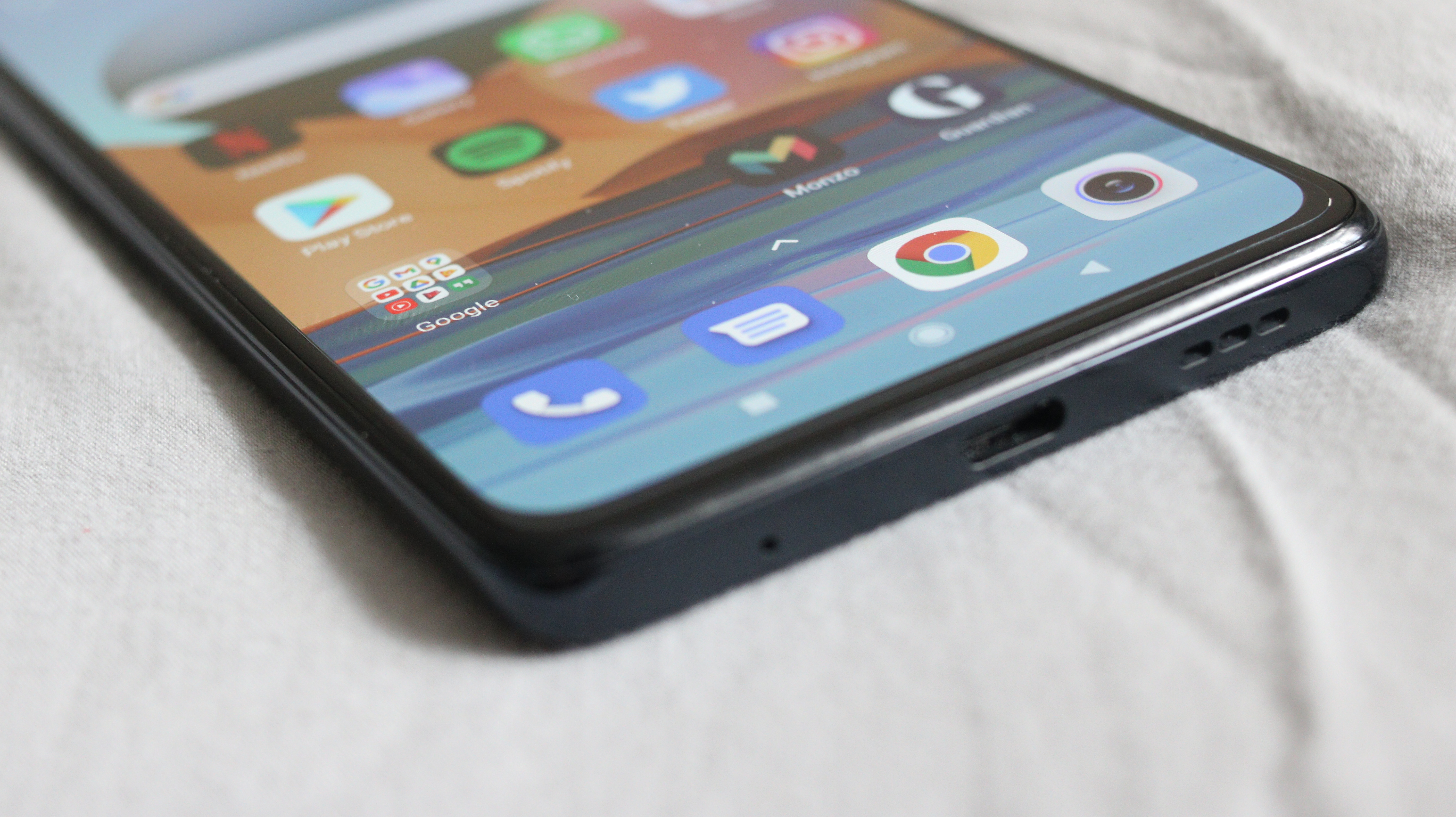
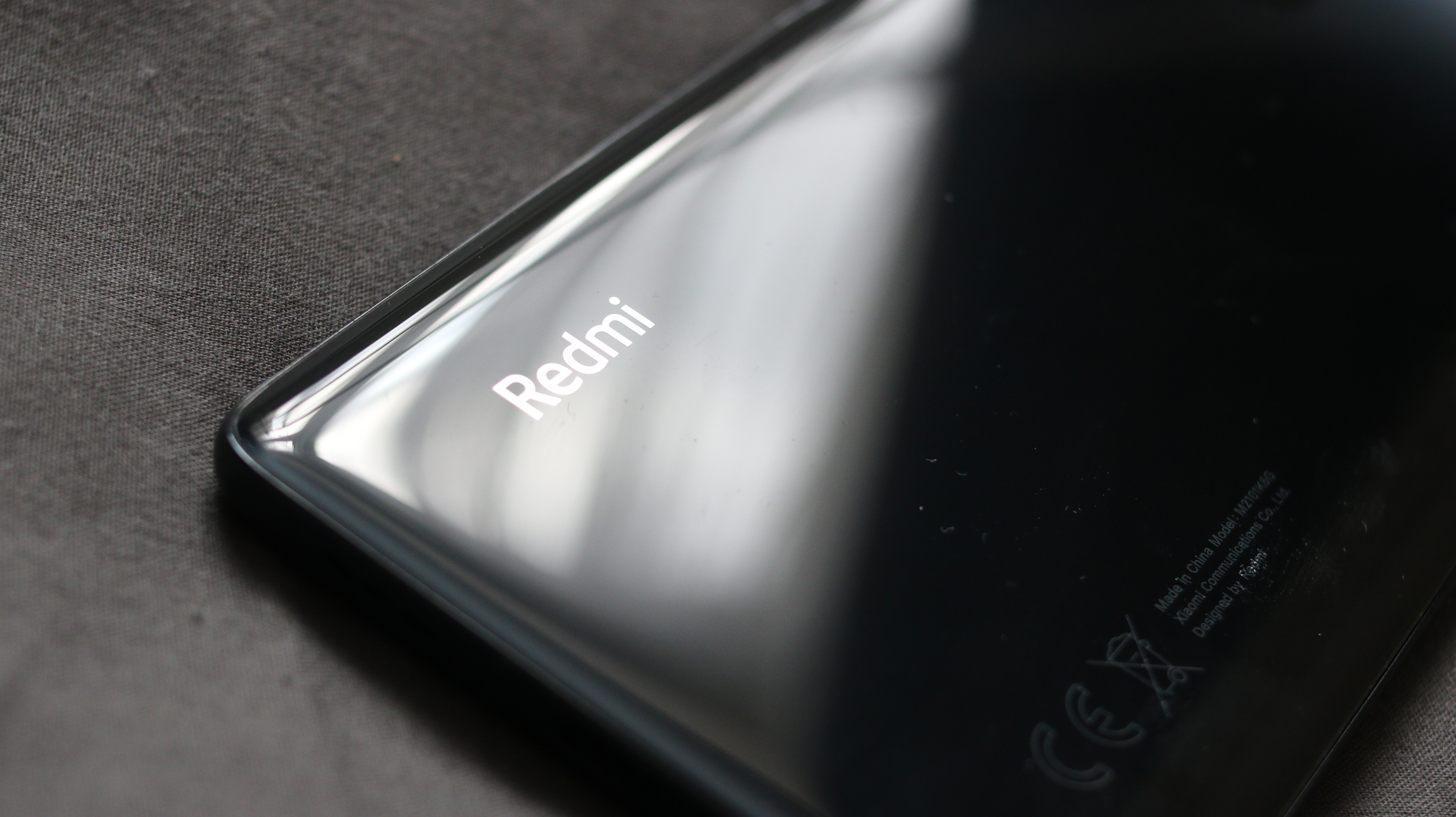
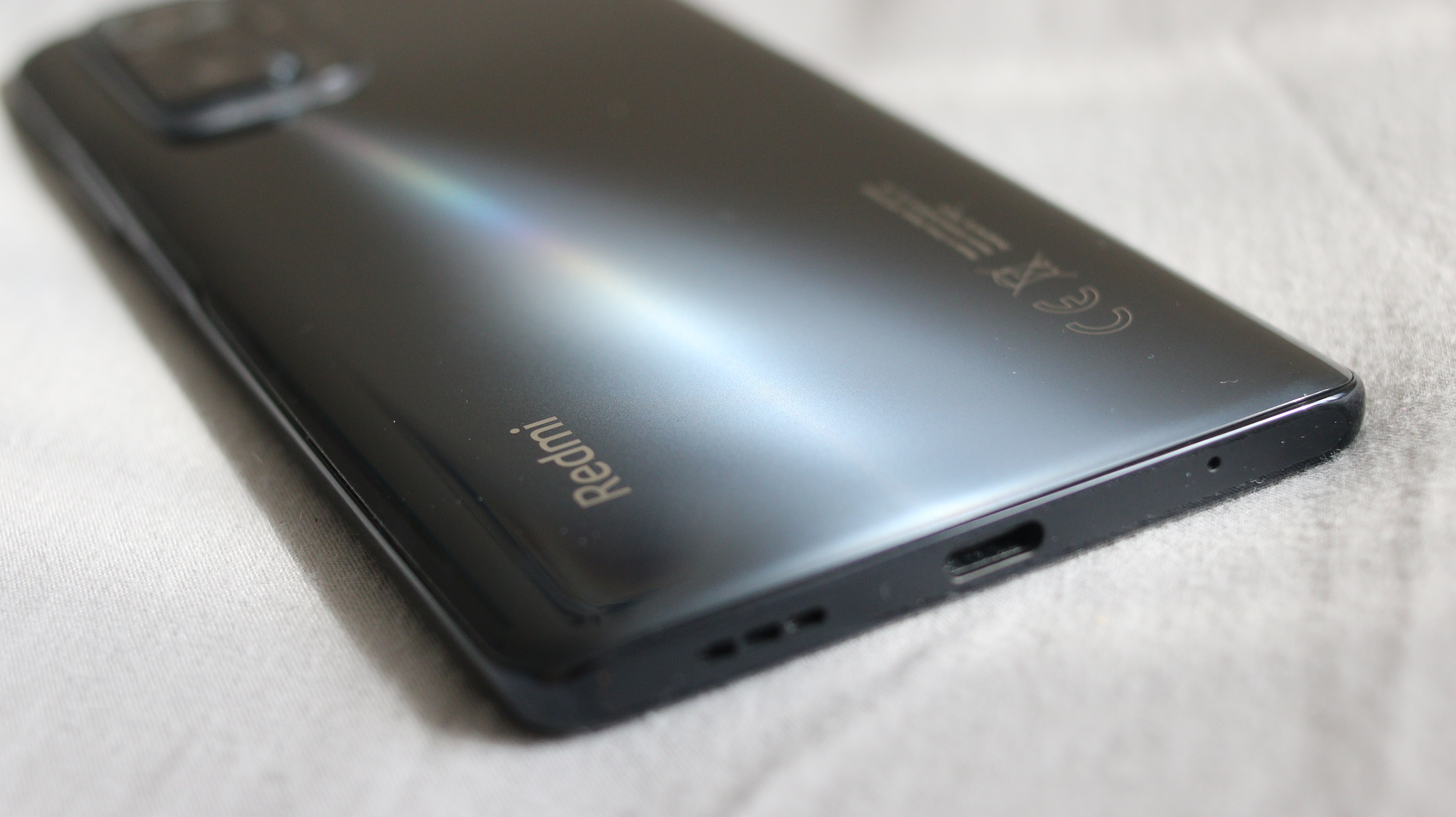
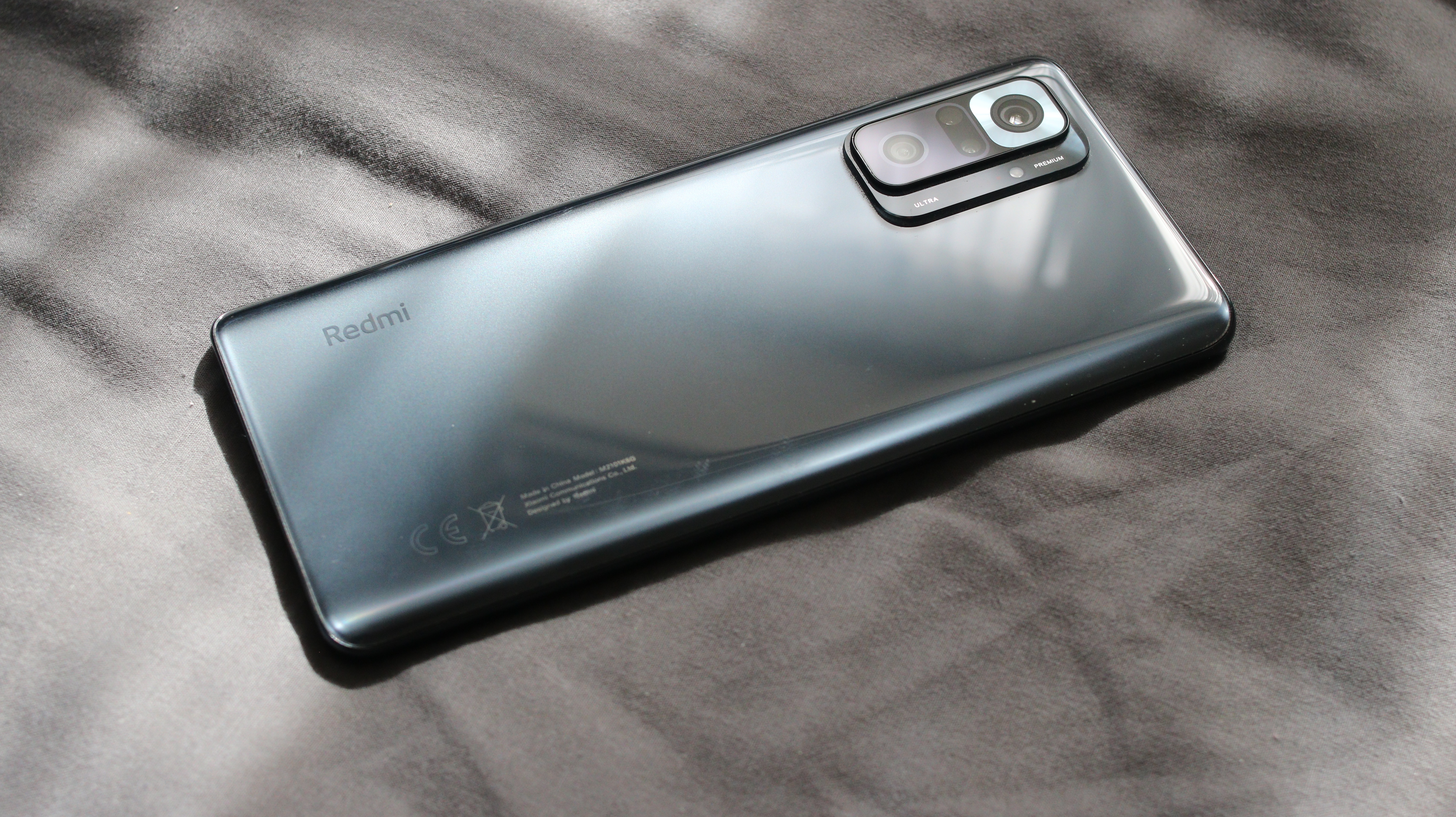
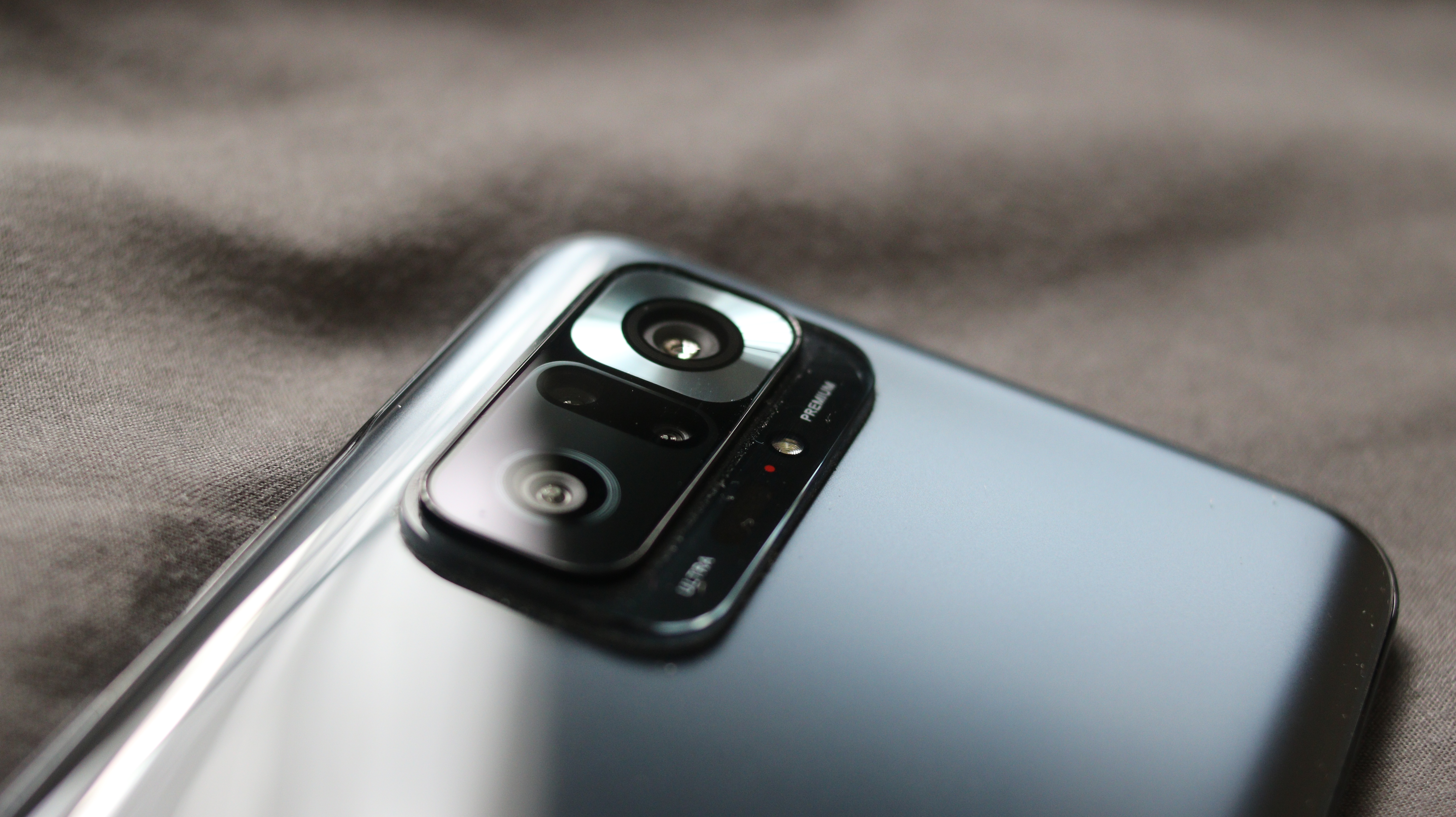
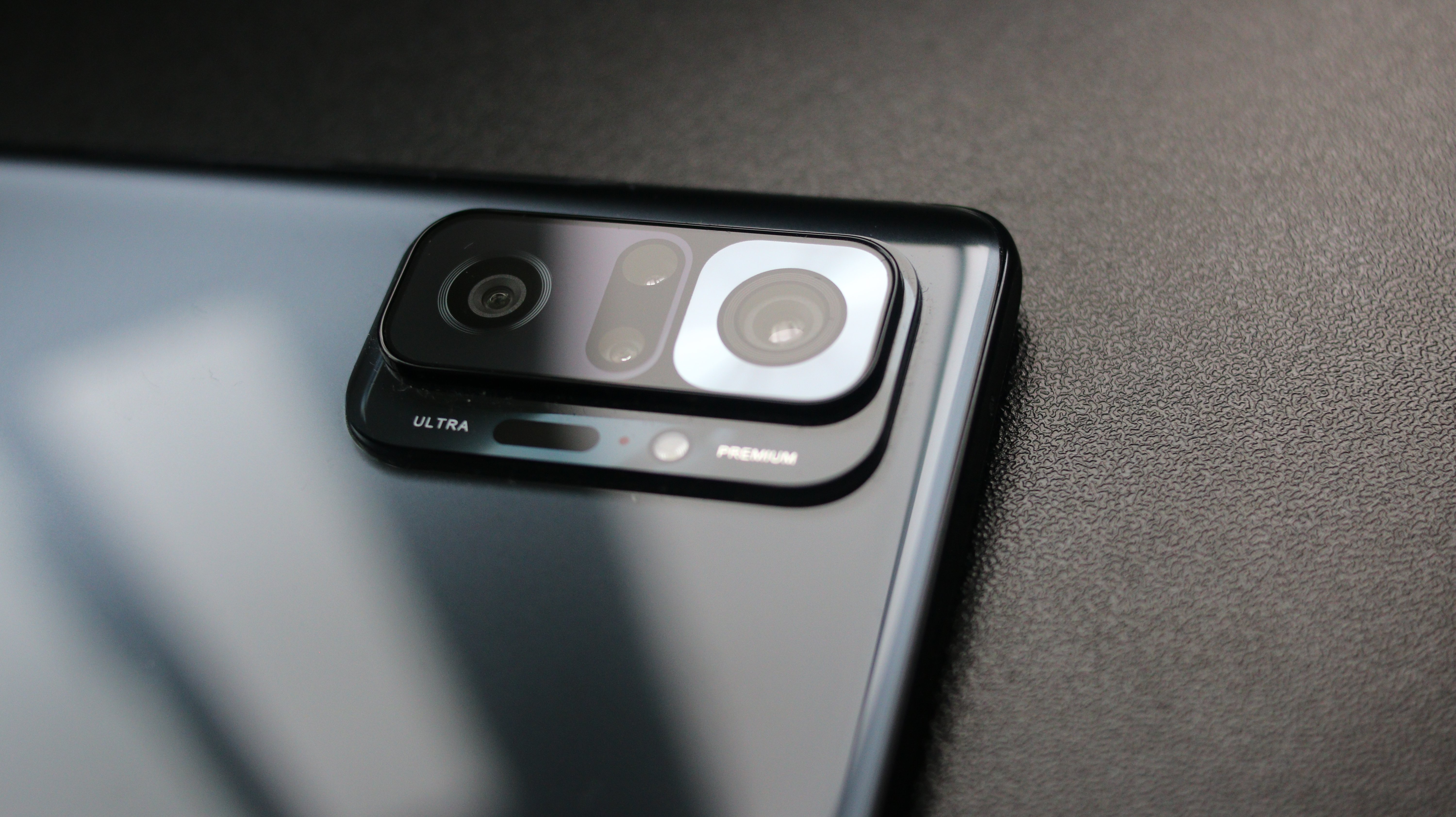
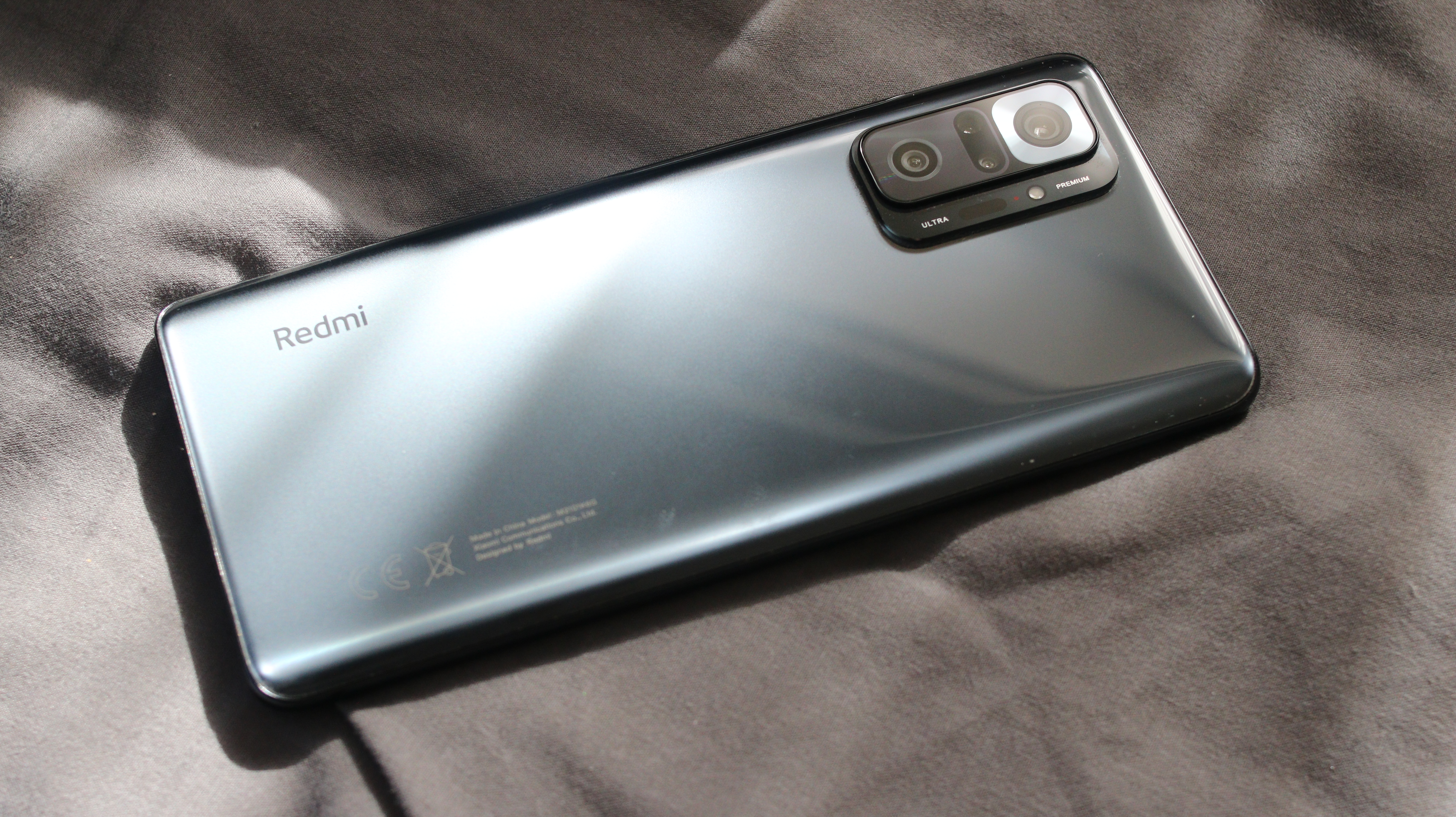
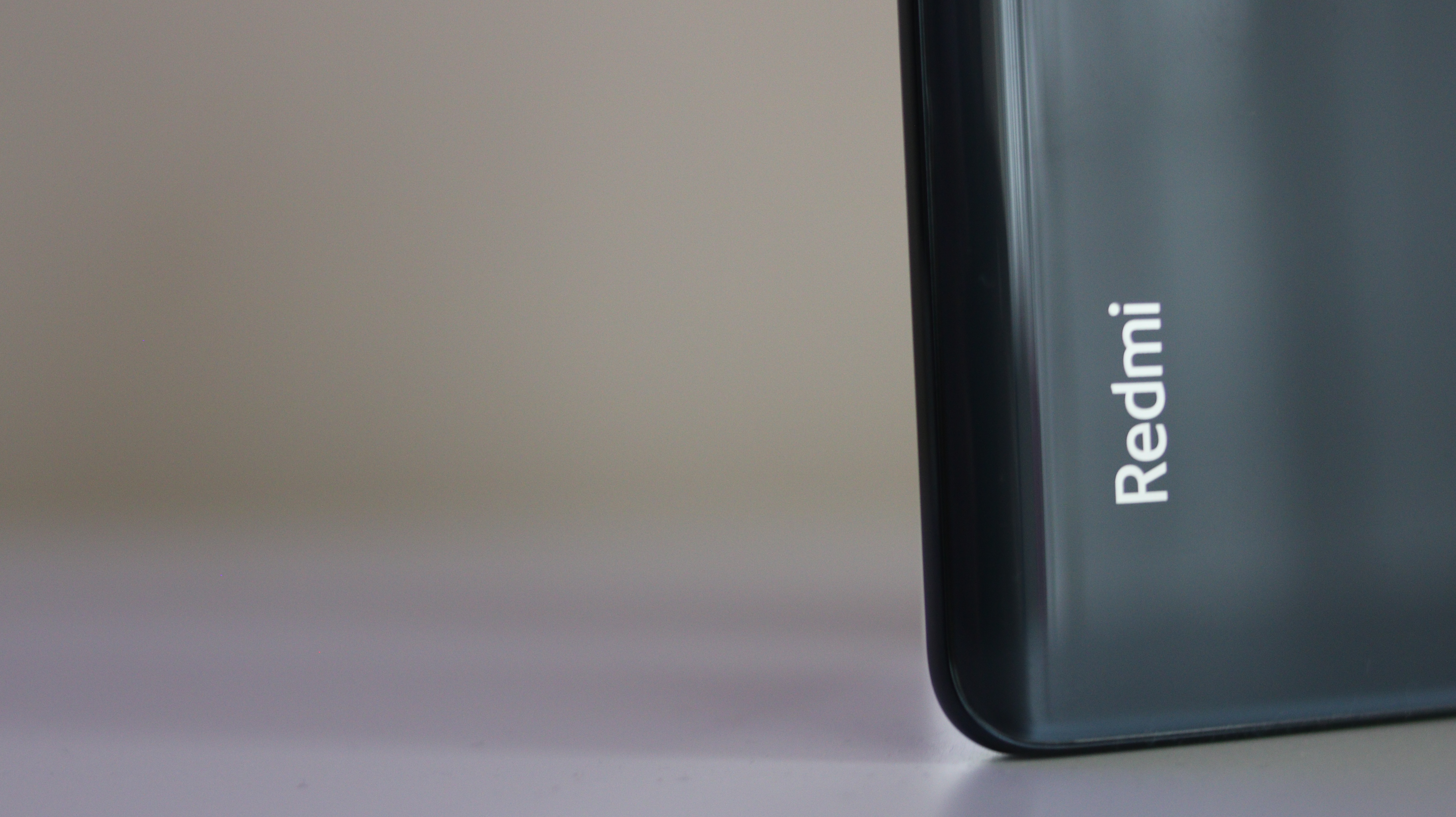
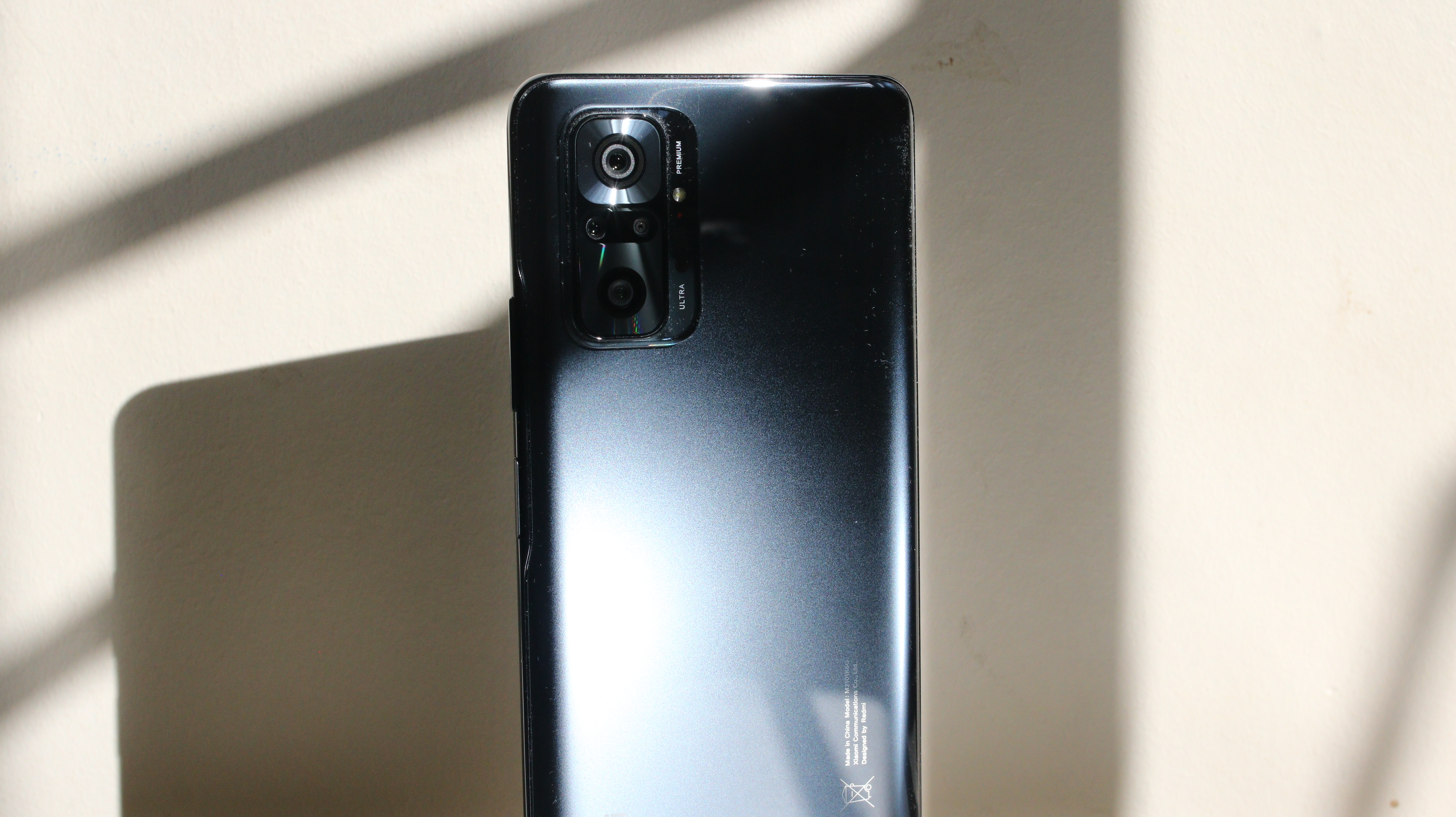
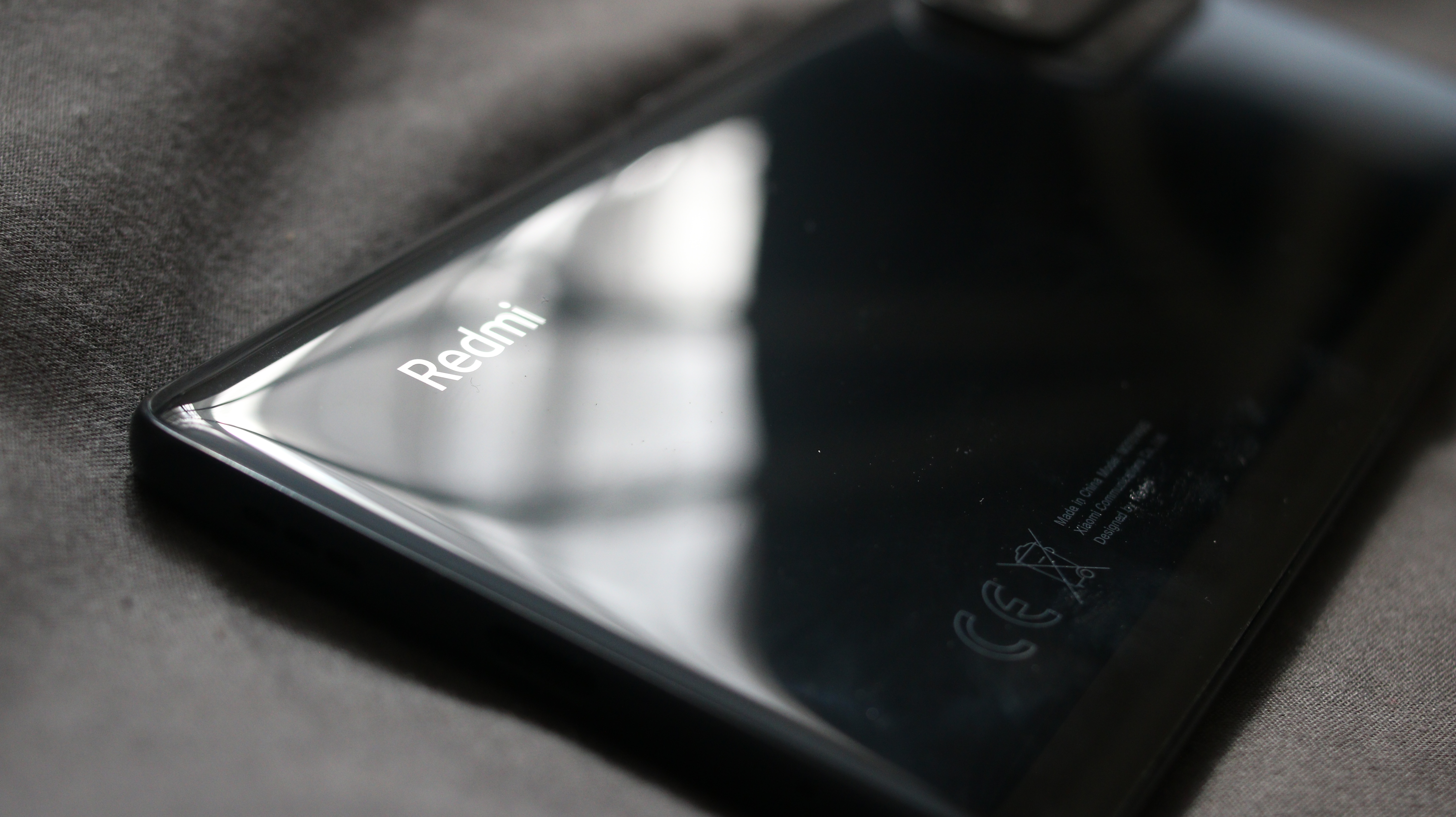
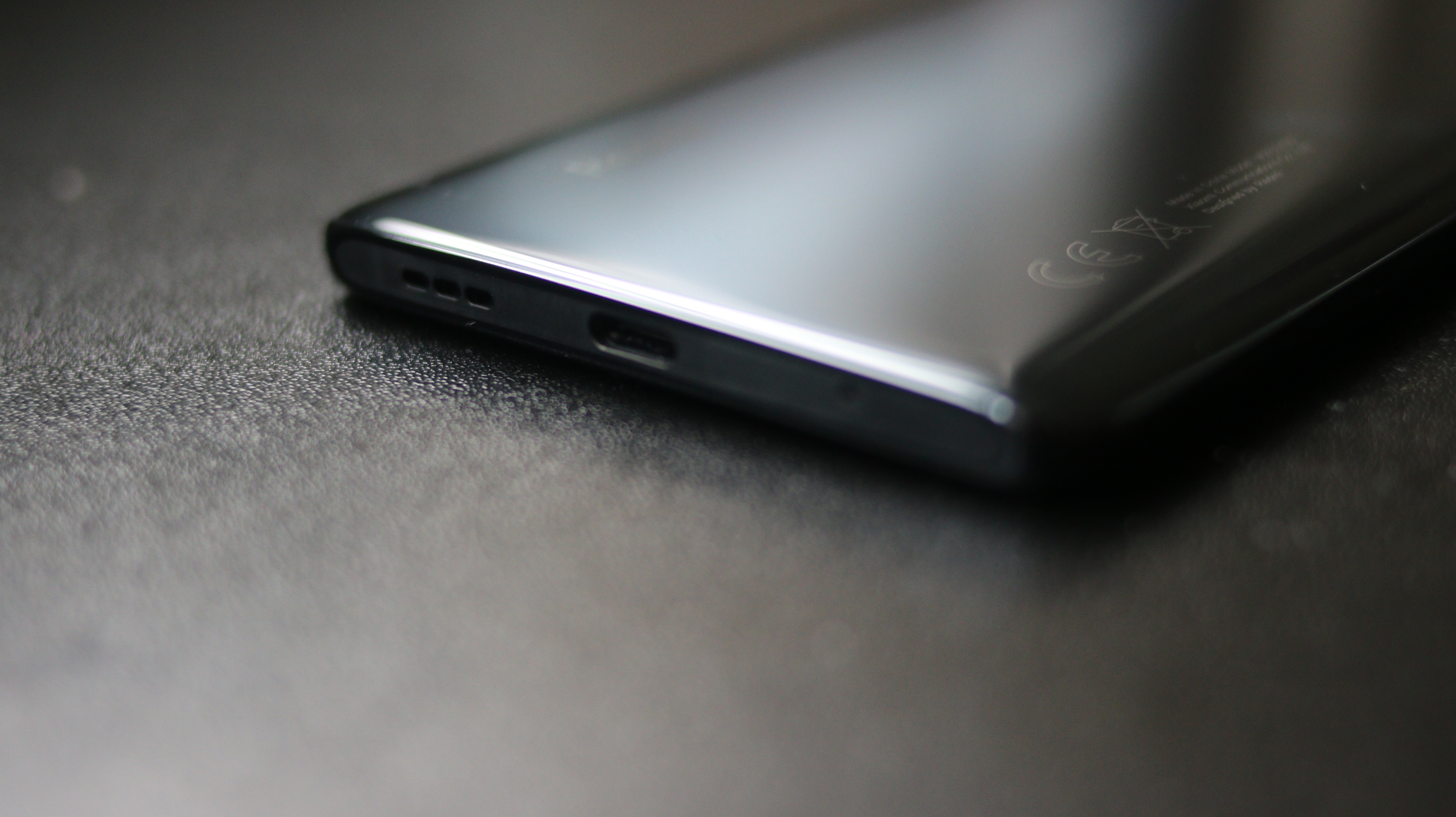
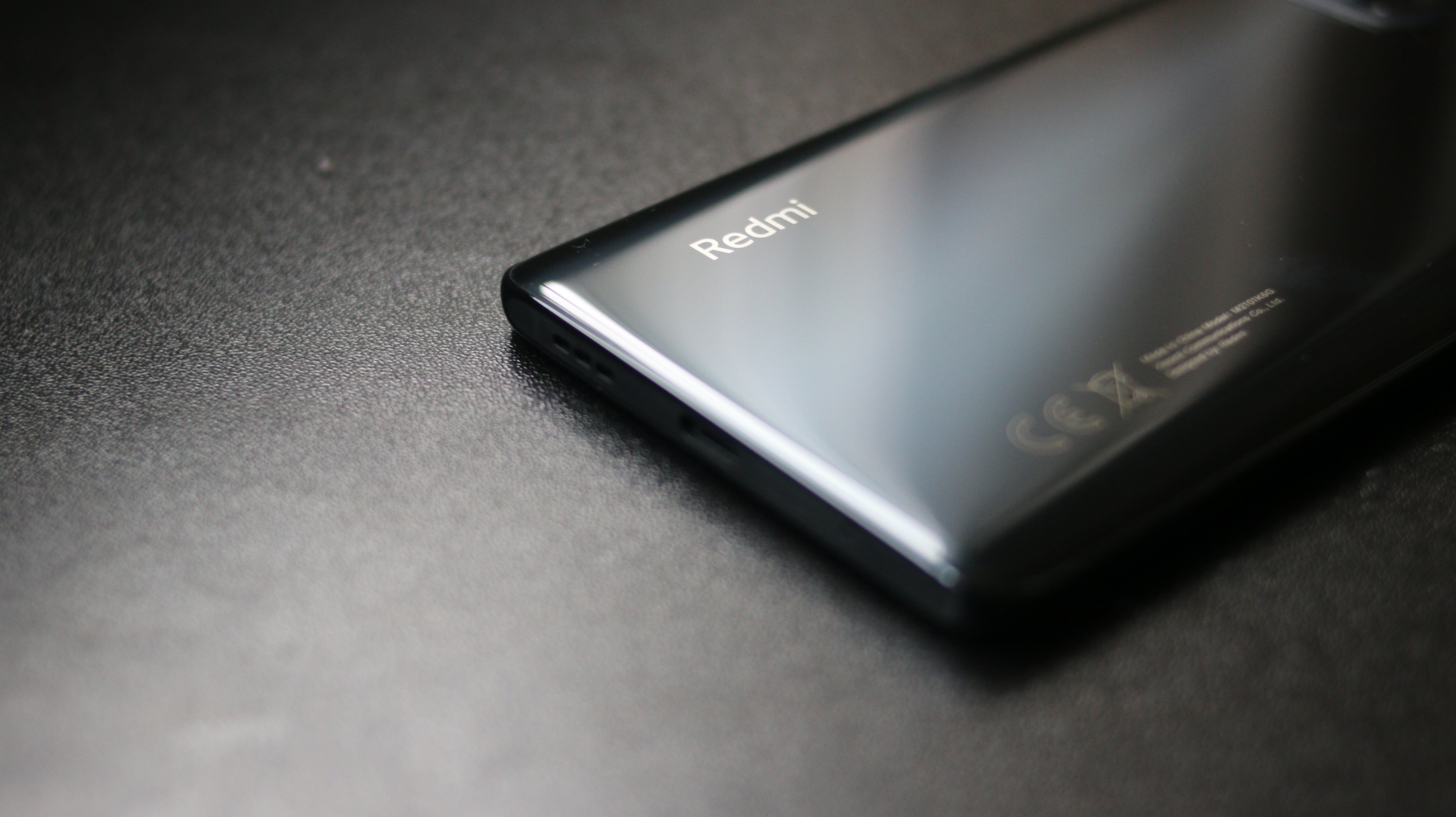
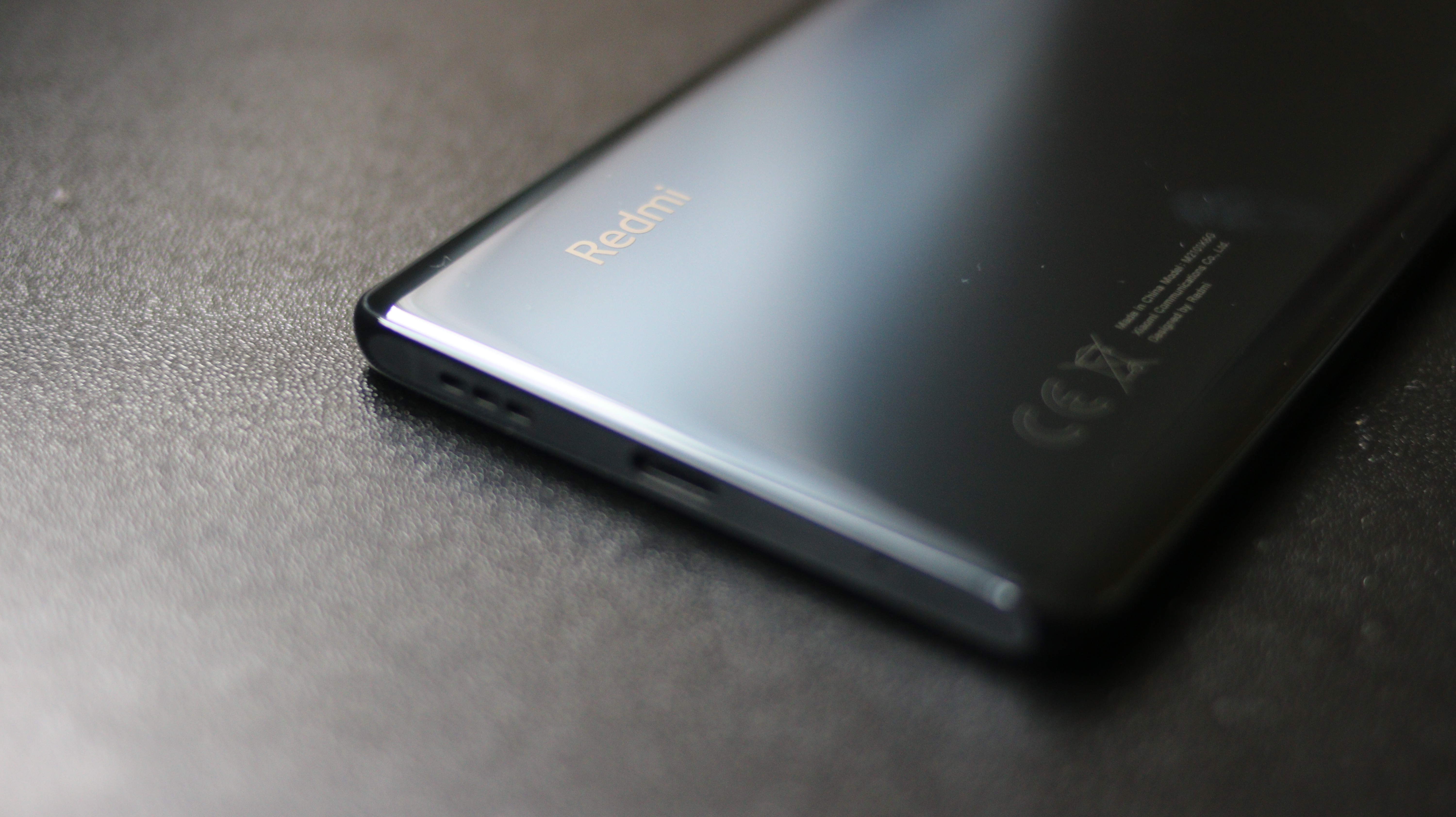
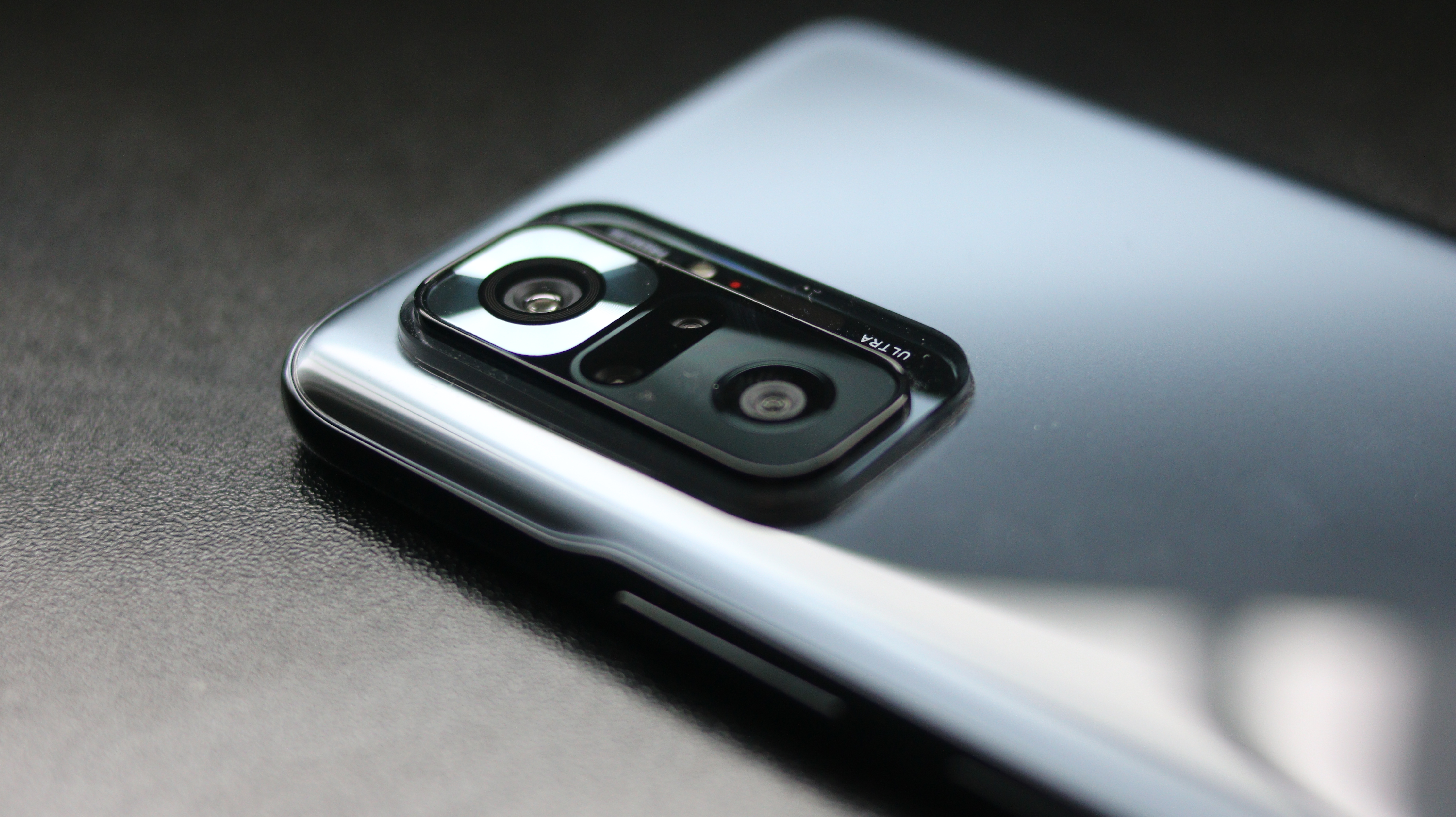
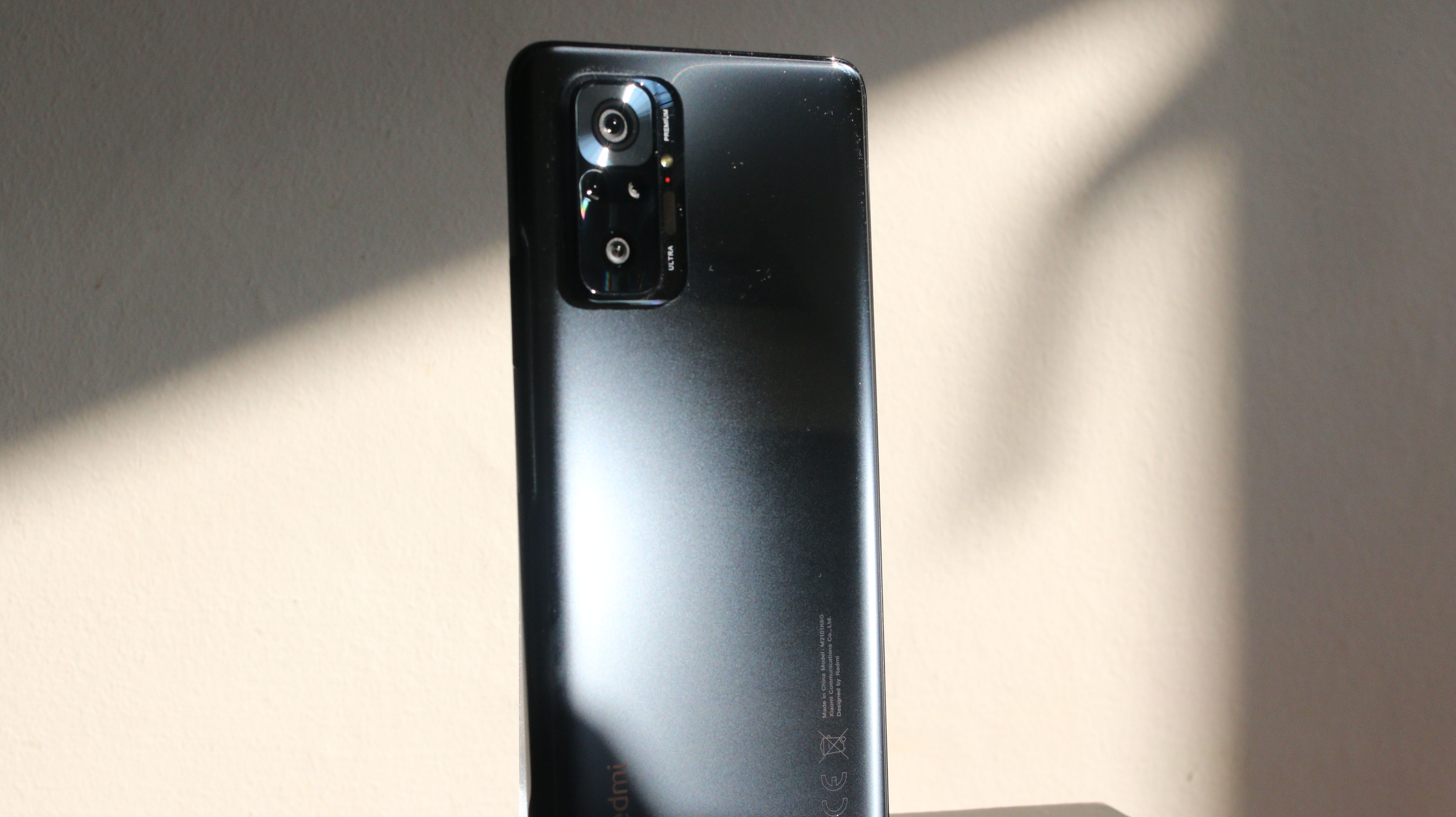
The fall of Huawei has left a rather lucrative chunk of the smartphone market up for grabs and a number of newer Chinese firms, such as Oppo and OnePlus, have swept in to fill the gap. These manufacturers are flooding into Europe and the UK with affordable handsets that shamelessly undercut some of the more premium smartphones available.
The latest to do so is Xiaomi, which might have produced the greatest 'budget' smartphone of all time: the Redmi Note 10 Pro. This is a sub-£300 device with a 120Hz refresh rate and a 108MP lens, specifications that normally cost well over £500.
Xiaomi Redmi Note 10 Pro review: Design
The Pro's design is somewhat deceptive in that it has an extremely glossy back cover that gives an illusion of 'premium' qualities. Our review unit is 'Onyx Gray' but in certain lights, it turns into a magnificent blue. In reality, the frame is actually plastic and the screen is just Gorilla Glass 5, so there aren't any fancy materials here; Xiaomi is simply doing incredibly well with cheap components.
The company has built a beautiful handset that's 164mm tall, houses a 6.67in display and has an eye-catching camera module. The edges are all pleasingly rounded so that it fits comfortably in the hand and at 193g, it's surprisingly light for a 'Pro-sized' device. For comparison, Samsung's S21+ is 200g.

Unfortunately, while the whole thing is rather mesmerising, be warned; once you slot it into your pocket for the first time, it will become covered in lint that never comes off. The camera module, in particular, is very susceptible to dust - which is perhaps the bigger shame, because it's gorgeous. All four lenses are embedded into a two-layered module that almost looks like a CD deck (remember those?).
Xiaomi Redmi Note 10 Pro review: Display
Budget phones aren't generally meant to be this pretty and they're certainly not supposed to have 'top-end' qualities. The Note 10 Pro's 6.67in AMOLED display bucks this trend again, and comes with a 120Hz refresh rate which is every bit as smooth as it is on Samsung's S20 or Sony's Xperia 5ii.
RELATED RESOURCE

The phone is set to 60Hz by default, mainly because the higher settings will eat into your battery life. We can't really complain about this because other, larger, manufacturers had the same trouble with more expensive handsets. More importantly, these are unusual specs for a 'budget' smartphone and a solid reason to baulk at £1,000 prices.
Sign up today and you will receive a free copy of our Future Focus 2025 report - the leading guidance on AI, cybersecurity and other IT challenges as per 700+ senior executives
The decision to go with an OLED display, rather than the IPS panel that's usually found on budget smartphones, gives you inky blacks and crisp colours. The 2,400 x 1,080 resolution also means you get a decent pixel count of around 395ppi. In our calibrator tests, the Note 10 Pro covered 94.3% of the sRGB colour gamut, which is very good indeed. These scores match devices that are far more expensive, such as the Google Pixel 5 which costs £250 more.
Its brightness peaked at 426cd/m2 in our tests, which is good, if not fantastic. However, we found it to be suitably bright to deal with any sunny conditions in either light or dark mode.
Xiaomi Redmi Note 10 Pro review: Specs and performance

One area the Note 10 Pro is decidedly mid-range is its processors. It features Qualcomm's Snapdragon 732G chip, matched with 8GB of RAM. While some manufacturers are developing chips in-house, most Android phones are still using Qualcomm hardware but it's often more powerful fare such as the 855, 845 or, like Sony's Xperia 1 and 5, the 865. It isn't necessarily a bad thing that the Note 10 Pro has gone for a lesser processor though; most modern smartphones are excessively powerful and it's mainly AI and camera software that benefits from 5nm processed chips. Google's Pixel 5 is a testament to how good a phone can be with a lesser chipset.
We can't fully say how good (or bad) the Note 10 is in this area, however, because our pre-release review unit didn't allow us to run our standard GeekBench 5 tests. The best we can say from our day-to-day use of the Xiaomi Note 10 Pro is that it feels like a decently powered device. It isn't noticeably slow opening apps, or even rendering heavy web pages. Everything runs as efficiently as one would expect.
Xiaomi Redmi Note 10 Pro review: Battery
Similarly, the battery in the Xiaomi Redmi Note 10 Pro is a solid performer - but only provided you keep to the 60Hz refresh rate. It houses a 5,020mAh battery, which has some staying power, but with the full refresh rate, you'll see it die sometime in the afternoon. There are fast charging capabilities, however, and a 30-minute charge gave us around 65%.
In our looped video test - with the screen set to 60Hz - the Note 10 Pro lasted 17hrs 16min, which is good, if not better than most mid-range phones. However, Samsung's £200 M31 lasted over 30 hrs in the same test, which is almost double the battery life.
Xiaomi Redmi Note 10 Pro review: Features
The comparison to Samsung's M31 only really works over the battery life, because everywhere else the Note 10 Pro is far superior. The M1U1 skin that sits on top of the Android platform might not be for everyone; it isn't the easiest OS we've ever used and you have to kill apps by swiping them left, instead of up. However, as the firm points out on the Pro's box, it has "easy access to the Google apps you use the most". So no matter how annoying its OS is, it still has the advantage over pretty much all Huawei phones.
At our most pedantic, we could point out that this isn't a 5G enabled device. There are 'cheap' 5G phones on the market - Xiaomi's own Note 9T, for example. That could be enough to overlook the Note 10 Pro, but it is worth noting that not everywhere in the UK has 5G coverage - not all of the major providers offer it, either. It's also worth pointing out that there's already a lot of top specs on the Note 10 Pro and adding 5G would only make more of a mockery of the elite end of the market.
Xiaomi Redmi Note 10 Pro review: Camera(s)

The quality of smartphone photography has most consumers looking at more expensive fare, such as the iPhone 12 or the Samsung Galaxy S21. Huawei's partnership with Leica was arguably a key reason its phones were as successful. And yet, here we have the Xiaomi Redmi Note 10 Pro, a 'budget' smartphone with a 108MP lens. There is also an 8MP f/2.2 wide lens, a 5MP macro one and a 2MP depth sensor.
Using the full zoom capability of the 108MP lens isn't as good as it could be, however. The images seem noisy, no matter how good the lighting is. So Samsung, and maybe even Huawei, still have something over the Note 10 Pro, but with normal settings, it's very good. The 16MP front camera is particularly sharp, as is its wide-angle lens.
The bigger players may point out that their super processors equate to sharper imagery and more functions, but the camera setup on the Note 10 Pro is as solid an argument against £1,000 smartphones as we've ever seen. There really isn't another phone in this price bracket that can do the same.
Xiaomi Redmi Note 10 Pro review: Verdict
We've had to pinch ourselves a few times over the cost of the Xiaomi Redmi Note 10 Pro. If Xiaomi were real 'business people' they'd slap at least £400 more on to the final price. You can get the 64GB option in the UK for just £249, or 128GB for £269. Crazier still, both can be had with an early bird discount of around £20.
It almost seems too good to be true; a £219 smartphone with a 120Hz screen, a 108MP camera and a luxurious design. There literally isn't another smartphone that can offer the same specs for less than £300 (possibly even £400). The Xiaomi Redmi Note 10 Pro really is the greatest budget smartphone of all time.
Xiaomi Redmi Note 10 Pro specifications
| Processor | Qualcomm SM7150 Snapdragon 732G (8 nm) |
| RAM | 8GB |
| Screen size | 6.67in |
| Screen resolution | 1080 x 2400 pixels, 20:9 ratio |
| Pixel density | 495ppi |
| Screen type= | AMOLED, 120Hz, HDR10 |
| Front camera | 16 MP, f/2.5 |
| Rear camera | 108 MP, f/1.9, 8 MP, f/2.2, 5 MP, f/2.4, 2 MP, f/2.4 |
| Dust and water resistance | IP53 |
| 3.5mm headphone jack | Yes |
| Wireless charging | No |
| Storage options | 64GB, 128GB, 128GB |
| Memory card slot | No |
| Bluetooth | 5.1 |
| NFC | Yes |
| Connection type | USB-c |
| Dual SIM | Yes |
| Dimensions (WDH) | 164 x 76.5 x 8.1 mm |
| Weight | 193g |
| Operating system | Android 11, MIUI 12 |
| Battery size | 5020 mAh |
Bobby Hellard is ITPro's Reviews Editor and has worked on CloudPro and ChannelPro since 2018. In his time at ITPro, Bobby has covered stories for all the major technology companies, such as Apple, Microsoft, Amazon and Facebook, and regularly attends industry-leading events such as AWS Re:Invent and Google Cloud Next.
Bobby mainly covers hardware reviews, but you will also recognize him as the face of many of our video reviews of laptops and smartphones.
-
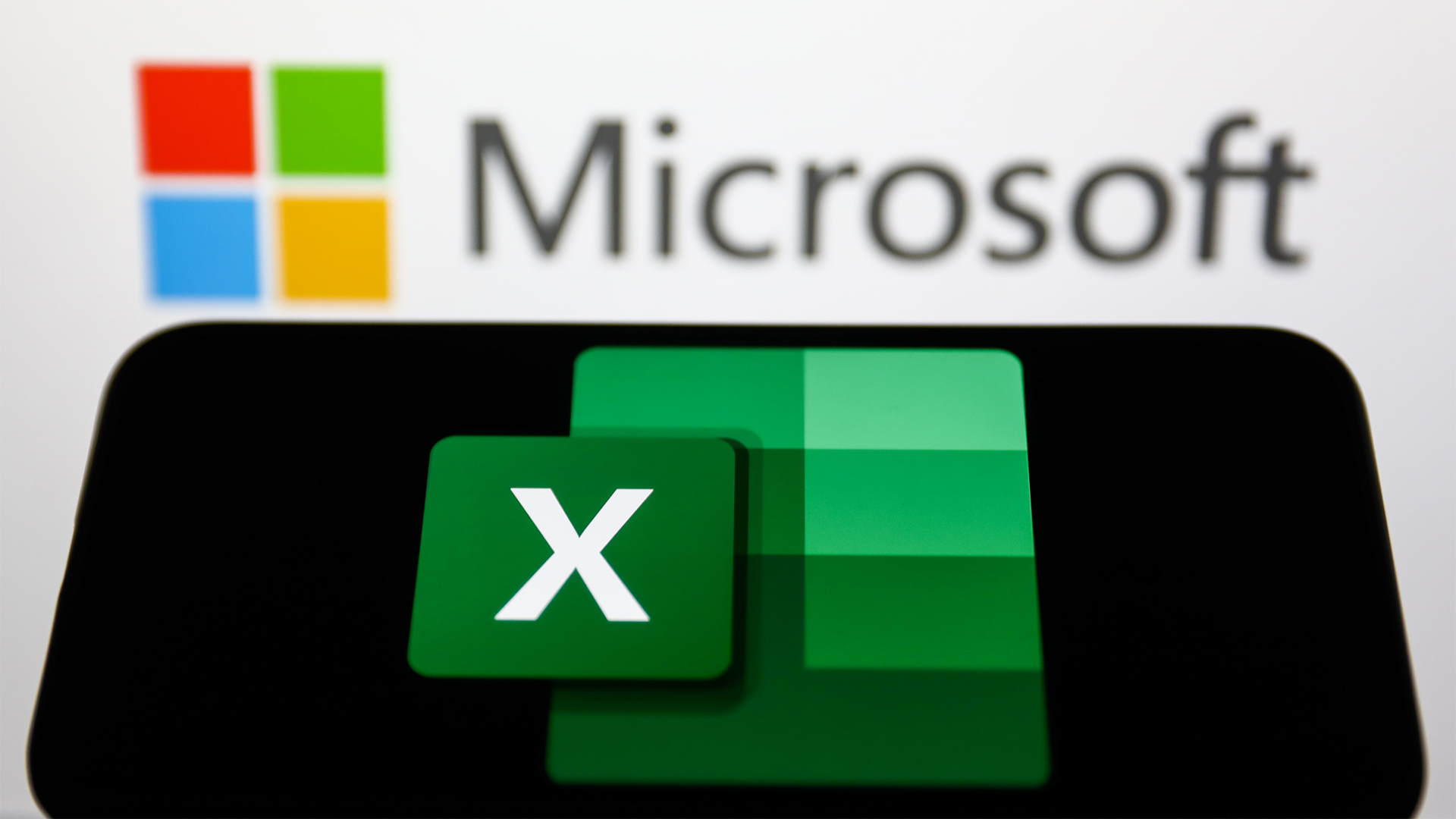 Microsoft Excel is still alive and kicking at 40 – and it's surging in popularity as 82% of finance professionals report ‘emotional attachment’ to the spreadsheet software
Microsoft Excel is still alive and kicking at 40 – and it's surging in popularity as 82% of finance professionals report ‘emotional attachment’ to the spreadsheet softwareNews A recent survey found Gen Z and Millennial finance professionals have a strong “emotional attachment” to Microsoft Excel
By Emma Woollacott Published
-
 LastPass hit with ICO fine after 2022 data breach exposed 1.6 million users – here’s how the incident unfolded
LastPass hit with ICO fine after 2022 data breach exposed 1.6 million users – here’s how the incident unfoldedNews The impact of the LastPass breach was felt by customers as late as December 2024
By Emma Woollacott Published
-
 OpenAI turns to red teamers to prevent malicious ChatGPT use as company warns future models could pose 'high' security risk
OpenAI turns to red teamers to prevent malicious ChatGPT use as company warns future models could pose 'high' security riskNews The ChatGPT maker wants to keep defenders ahead of attackers when it comes to AI security tools
By Nicole Kobie Published
